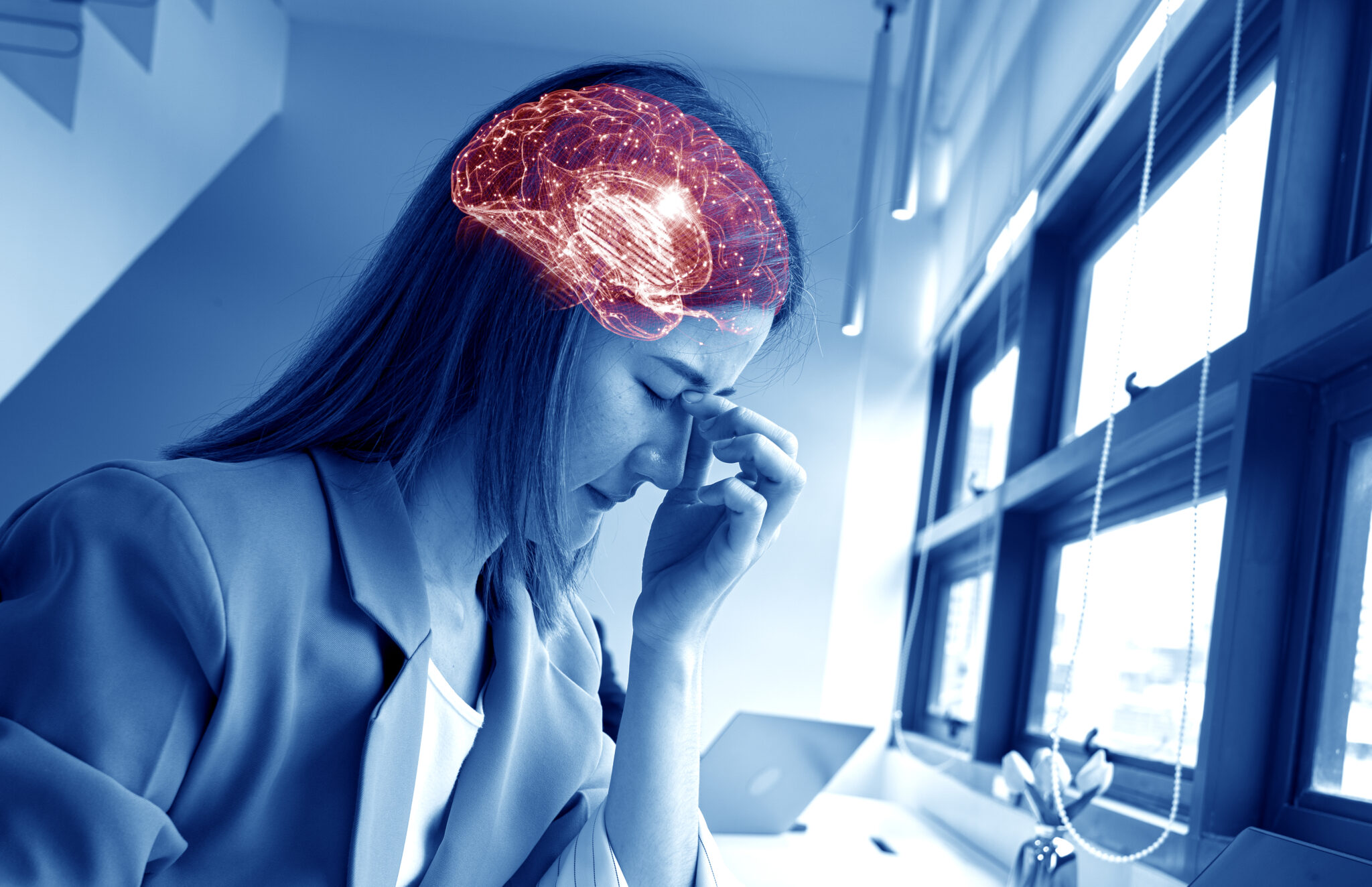Depression affects millions of people worldwide, yet traditional treatments, like medication and talk therapy, do not work for everyone. Fortunately, innovation in mental health care is accelerating, bringing new hope to those who have struggled to find relief. At TMS Center of the Lehigh Valley, we believe in staying at the forefront of mental health care. From advanced mental health treatments to the evolving use of TMS therapy, the future of depression treatment is brighter than ever before. Here is a look at what is emerging in the world of depression care and how technology is transforming the way we heal.
Noninvasive Brain Stimulation Therapy
Transcranial Magnetic Stimulation (TMS) has already changed the landscape of depression therapy. By using magnetic pulses to activate areas of the brain associated with mood regulation, TMS offers a noninvasive, medication-free path toward recovery. This advancement in therapy reflects the shift towards personalized care that is tailored to each patient’s unique brain activity and history.
Digital Mental Health Tools
The future of depression therapy is increasingly digital. Mobile apps, wearable sensors, and telehealth platforms are expanding how clinicians monitor mood, sleep, and stress patterns in real time. These tools help patients track progress and alert provers to warning signs, allowing for faster and more effective interventions. Combined with in-clinic treatments like TMS, they create a full ecosystem of support between sessions.
Combining Therapies for Holistic Healing
Depression is rarely caused by something singular. Successful depression treatment often requires a combination of treatments.
- TMS therapy for neurological regulation
- Psychotherapy for emotional for emotional processing
- Lifestyle and nutritional guidance for physical well-being
- Digital mindfulness tools for daily resilience
These holistic actions help to give patients a more sustainable path toward recovery.
AI-Enhanced Mental Health Treatment
Artificial intelligence is starting to play a larger role in the future of depression therapy. Emerging platforms use AI to analyze patient data and predict which treatments are most likely to have positive outcomes. AI tools may soon assist clinicians in identifying patterns of response for TMS or medication, personalizing treatment plans even further. While these technologies are still evolving, they hold tremendous promise for improving accuracy, efficiency, and long-term results in mental health care.
What Is Next in the Future of Depression Treatment?
As neuroscience and technology continue to advance, we are seeing unprecedented collaboration between clinicians and innovators. The next generation of new depression treatments could include augmented or virtual reality therapies that enhance engagement and emotional regulations. The goal is to have more effective, personalized, and accessible depression treatment for everyone who needs it.
At TMS Center of the Lehigh Valley, we are proud to be part of this exciting movement towards innovation. By combining evidence-based care with cutting-edge technologies, we help patients find relief, even when traditional therapies have not worked. If you or a loved one is exploring new depression treatments, our team is here to guide you through every step of the journey. Contact us today to learn about the future of depression therapy and whether TMS could be right for you.

